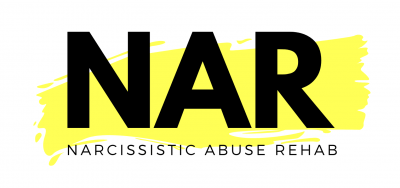Understanding Narcissistic Abuse: Learn about the cycle, signs, and recovery from emotional manipulation and toxic dynamics.
Exploitation
Exploitation refers to the unethical or unfair use of someone’s vulnerability, resources, or labor for personal gain or advantage. It involves taking advantage of others’ trust, dependence, or disadvantaged position, often disregarding their well-being or rights. Exploitation can manifest in various forms, such as economic, emotional, or labor exploitation, and can lead to significant harm and inequality.
Clinical psychologist Madelaine Claire Weiss of Harvard Medical School unpacks the common grooming strategies of narcissists.


